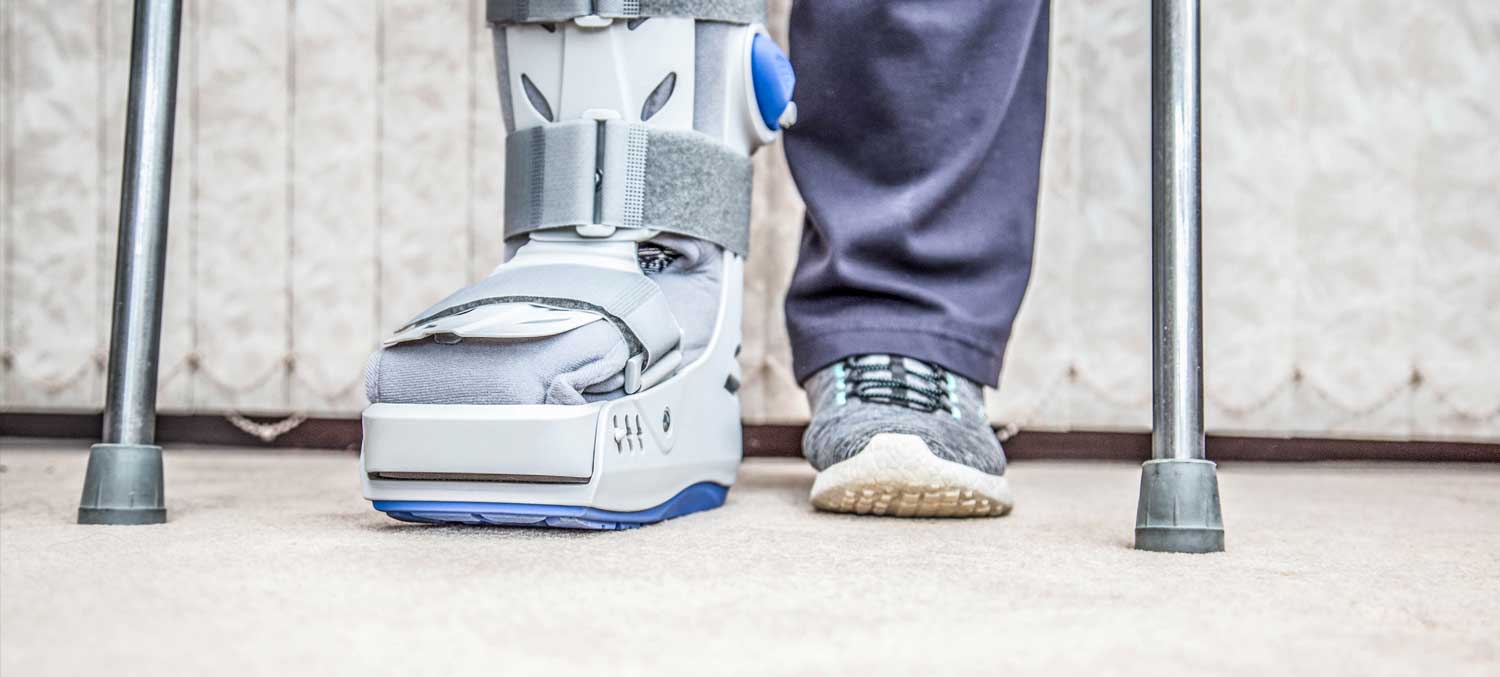
When a patient has reached the clinical milestones to discuss discharge to their home, are home access and fall risk being appropriately assessed? National Ramp believes that this component, crucial to the success of at-home recovery, may be overlooked in hospitals and rehab facilities.
“My dad suffered a fall, resulting in a broken foot. When we left the emergency room, despite receiving excellent care, the hospital staff did not ask us about how my dad would get into his home,” said Garth Walker, Managing Director at National Ramp. “And after I brought him home from the hospital, I watched him crawl up the stairs into his home, and that’s before thinking about the second-floor bedrooms. Thankfully, being in the ramp business, we were able to provide my dad with home access for his rehabilitation, but it was amazing to me that no one had asked these questions in the hospital.”
National Ramp has recently focused on educating consumers on the risk of falls, especially to seniors. “We see our ramps as a preventative measure to reduce the chance of suffering a critical or fatal injury,” said Ross Coulter, Sales Manager at National Ramp. “Our modular ramps are also ideal for short-term use, like providing safe access into and out of the home following surgery or rehabilitation.”
The following sample questions can be asked of patients to assess whether their home is safe and ready for their return.
- Are there any steps leading to the entrance of the home? If yes:
- Are there any alternate entrances without steps?
- Do the steps have handrails?
- Will the patient be able to navigate the steps safely?
- Are there stairs inside the home that the patient must use?
- Is the bedroom located on a separate floor?
- Is anyone available to (and is it feasible to) temporarily move needed supplies so that the living space, bathrooms, and kitchen are all on one level?
- Is anyone available to help the patient navigate in and around their home?
- Is the bathroom accessible?
- Are there grab bars?
- Is there a walk-in shower?
- Is there a shower seat?
- How will the patient be preparing meals?
- Will someone be cooking for them?
- Will they need to navigate in their kitchen?
- Can they access everything they need with their mobility device?
Asking these questions and getting the patient to think about their home situation can minimize the risk of falls or further injury after discharge. It will allow you to determine if they need a modular ramp, a stairlift, meal assistance, slip-resistant products within the home, or even home health care. It may even determine that the patient will have the highest chances of success continuing their rehabilitation at the home of a friend or loved one.
An injury after hospitalization or inpatient rehabilitation is frustrating for the patient, their families, and their therapists. The discharge process should thoroughly assess ways to reduce the likelihood of the patient suffering an injury from a fall.
National Ramp is a leading manufacturer of modular wheelchair ramps. National Ramp was the first company to introduce an aluminum mesh ramp to the industry. Headquartered in Valley Cottage, NY, National Ramp’s business is composed of three main divisions: Home Access, which works with a network of dealers across the US and Canada to provide residential and commercial ramps to consumers; Veterans Access, which works directly with the Department of Veterans Affairs to provide ramps to Veterans; and Commercial Access, which provides ramping to the modular construction industry.

Don’t Risk Injury To You Or A Loved One
Why wait? Give us a call at 877-596-7293 or contact us online to get started!